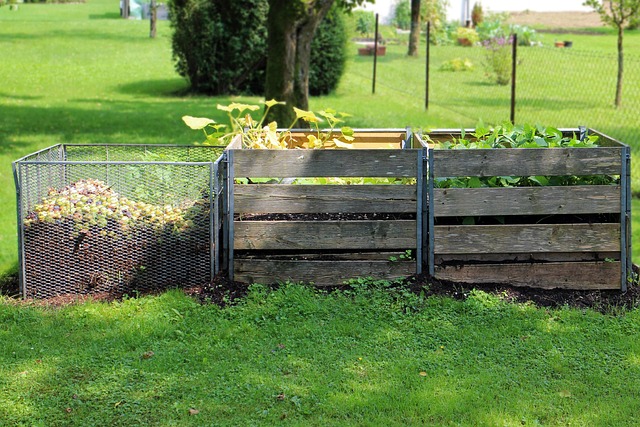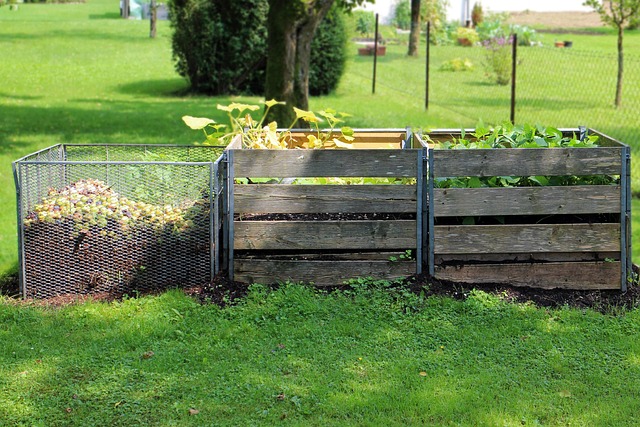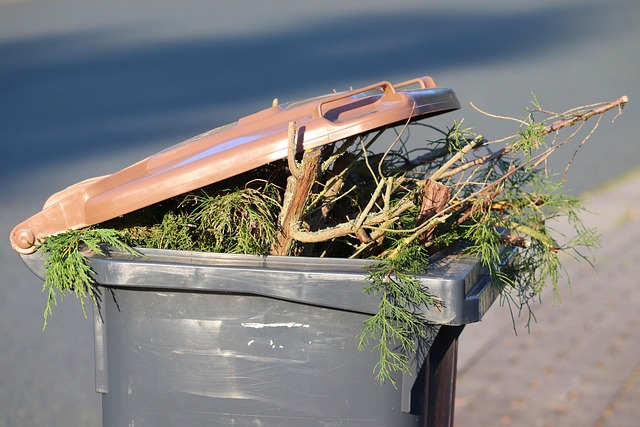In today’s world, where environmental concerns have taken center stage, the concept of green gardening has become more than just a trend; it is a lifestyle choice that promotes sustainability and eco-friendliness. One of the most powerful tools in achieving a thriving green garden is the use of lab compost. In this post, we explore how integrating this innovative composting method can boost your gardening efforts while caring for our precious planet.
The essence of gardening lies in nurturing life, and there is no better way to do this than by embracing eco-friendly practices. Traditional methods often rely on synthetic fertilizers and pesticides, which can harm the environment. In contrast, lab compost is an excellent alternative that enriches the soil with nutrients while minimizing waste. By utilizing lab compost, you’re investing in a sustainable future that respects and nourishes the environment.
What exactly is lab compost? Essentially, it is organic material that is composted in a controlled environment, incorporating scientific methods to ensure the highest quality of nutrients. This compost can be derived from various sources, including food waste, agricultural residues, and even yard waste. The result is a nutrient-dense product that fosters healthy plant growth, increases soil fertility, and promotes biodiversity, thereby aligning perfectly with green gardening principles.
Incorporating lab compost into your gardening routine can significantly enhance your plants’ overall health. The microorganisms present in the compost work tirelessly to break down organic matter, releasing vital nutrients that your plants crave. This leads to vigorous growth, vibrant colors, and an abundance of fruits and vegetables. Moreover, healthy plants are naturally more resilient against pests and diseases, reducing the need for harmful chemical treatments.
Not only does lab compost benefit plant life, but it also plays a critical role in environmental preservation. When organic waste is composted rather than sent to landfills, it reduces methane emissions—a potent greenhouse gas contributing to climate change. By choosing lab compost, you are actively participating in a circular economy that promotes recycling and reduces waste, making a measurable impact in the fight against global warming.
Perhaps one of the most satisfying aspects of green gardening with lab compost is witnessing the transformation of your garden into a flourishing sanctuary. Picture vibrant flowers, lush greenery, and an abundance of fresh produce, all emerging from the nutrient-rich soil you nurtured with your own hands. Not only does it provide a sense of accomplishment, but it also offers a profound connection to nature, reminding us of our responsibility to care for the Earth.
As you embark on your green gardening journey using lab compost, you’ll notice that your efforts extend beyond your immediate space. You’re contributing to a larger movement aimed at protecting the environment, preserving biodiversity, and fostering a healthier planet for future generations. Each time you enrich your garden with lab compost, you’re creating a legacy of sustainability that echoes in the soil, air, and water around you.
So, the next time you think about gardening, consider the power of lab compost. Embrace the beauty of nature while nurturing your plants and the environment. Your garden can be a haven of life, a testament to your commitment to eco-friendliness, and a source of joy that resonates with everyone who experiences its bounty.



